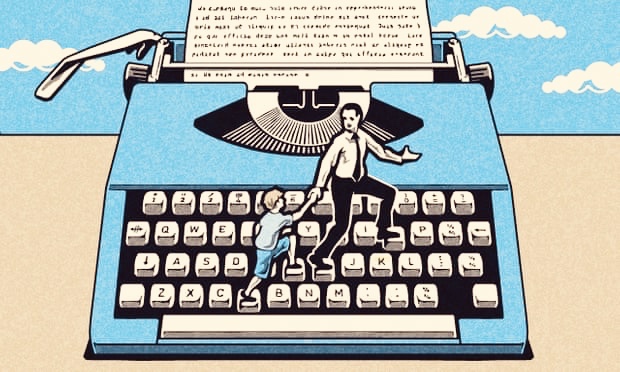
Indira Gandhi addressing the nation from the Doordarshan studio during Emergency. (Express archive photo August, 1975)
There is plenty of literature on why Indira Gandhi introduced Emergency on 25 June 1975: political unrest in Gujarat and Bihar; industrial strikes and labour protests; the Allahabad high court verdict disqualifying her for electoral malpractices; etcetera.
Why did she dramatically call it off 21 months later, on 21 March 1977?
A single sentence in a small diary item by Coomi Kapoor in The Indian Express has resulted in a first-class to and fro in the newspaper.

In the item, published on February 3, Kapoor cited the recently deceased journalist Kuldip Nayar, who writes in his posthumously released book On Leaders and Icons, that Indira’s son:
“Sanjay Gandhi informed him (Nayar) after the Emergency that he had assumed his mother would not call elections for three to four decades”.
That sentence was enough for the jurist Fali S. Nariman to walk lovingly down memory lane five days later.

Nariman wrote on February 8: that it was his recollection that the US president Jimmy Carter had prevailed upon Indira Gandhi to “go legitimate” and call elections.
For many years after the Internal Emergency was revoked in March 1977 — when elections were held, and the Congress Party, under the leadership of Indira Gandhi, was swept out of office — I harboured the recollection of someone (probably the then high commissioner for Australia, Bruce Grant, with whom I used to go for evening walks at Nehru Park) telling me that he had it first-hand from Mrs Gandhi that it was US President Jimmy Carter, who on his visit to India, persuaded her to “go legitimate”, and call elections in March 1977.
Nariman conveys Carter’s presumed hand to the legendary US Supreme Court judge Ruth Ann Ginsberg but is unavailable to find the evidence for his claim. He eventually concedes defeat citing Mark Twain: ‘The older one gets the more vivid the recollection of things that have not happened.”
Nariman hopes in the Express piece that someone old but not as old as him would find a solution to this intractable problem: why did Indira call it off?
***
Someone old but not as old as Nariman does come up with more meat in today’s Express: Ravi Visvesvaraya Sharada Prasad, the son of the former media adviser to Indira Gandhi, H.Y Sharada Prasad.

Ravi Prasad hints that Indira Gandhi was probably perturbed with the growing powers that her younger son Sanjay Gandhi had armed himself with. Improbably, the last straw may have been a newspaper interview.
“She was particularly perturbed by a rash interview which Sanjay Gandhi gave to a newspaper, in which he had harshly criticised the Soviet Union and the Indian communist parties. She had also received inputs from intelligence agencies that the CIA had penetrated Sanjay’s inner circle….
“It could be that Indira Gandhi lifted the Emergency because she was more the daughter of Jawaharlal Nehru than the mother of Sanjay Gandhi. “
For good measure, Ravi Prasad rubs in RSS’s complicity in the Emergency:
“In recent years, the RSS has been trying to portray that it was its strong grass roots opposition which led to the defeat of Indira Gandhi. But the truth is quite different. Its then sarsanghchalak, Balasaheb Deoras, had issued numerous statements supporting Sanjay Gandhi’s Five-Point Programme.
In November 1976, over 30 leaders of the RSS, led by Madhavrao Muley, Dattopant Thengadi and Moropant Pingle, wrote to Indira Gandhi, promising support to the Emergency if all the RSS workers were released from prison.
The RSS’s abjectly cringe-inducing letter of surrender was processed by my father.
Screenshots and photograph: courtesy The Indian Express







